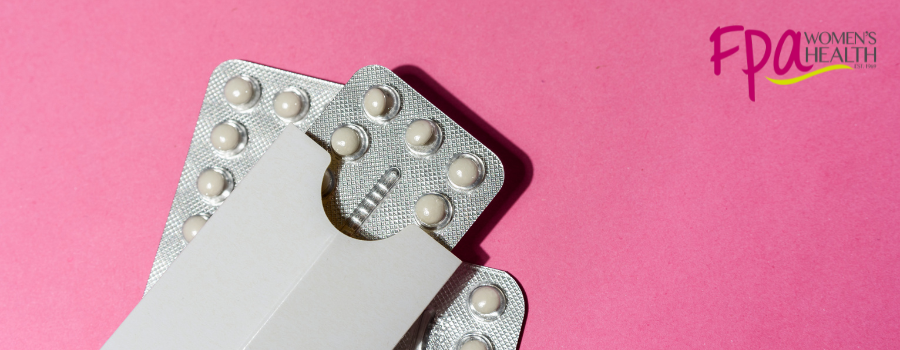 There's a common rumor that birth control raises the risk of breast cancer. And unfortunately, this has introduced real concern among patients looking for contraceptive options.
There's a common rumor that birth control raises the risk of breast cancer. And unfortunately, this has introduced real concern among patients looking for contraceptive options.
So here's how we address questions about breast cancer and birth control at FPA:
Can I take birth control if I have a family history of breast cancer?
Birth control does not increase your risk of breast cancer. This is true even if you have a strong history of breast cancer in your family. Patients who test positive for hereditary breast cancer genes like BRCA-1 or BRCA-2 can still use hormonal birth control.
Can I take birth control if I have breast cancer?
While birth control does not increase a woman's risk of developing breast cancer, those diagnosed with breast cancer should absolutely avoid hormonal birth control.
Why?
Hormones in birth control can accelerate the growth of an existing tumor. Specifically, taking estrogen or progestins can stimulate a hormone-receptor positive breast cancer to grow faster and more aggressively.
Can I take birth control if I had breast cancer?
For women with a personal history of breast cancer, our recommendation is a non-hormonal IUD. The Paragard IUD is usually the safest, most reliable method for those particular women.
Preventing breast cancer
For women with an average risk of breast cancer, we recommend yearly breast exams and mammograms starting at age 40. If you have a first-degree relative (mother, sister, daughter) with breast cancer, the American Cancer Society recommends to begin screening 10 years before the age at which your relative was diagnosed.
The timing for starting breast cancer screening can vary based on individual risk factors, family history, and guidelines from health organizations. Ultimately, a personalized approach that considers your family history and overall health will provide the best strategy for prevention and screening.
Schedule an appointment with FPA to discuss your risk and to make a personal screening plan!
Share This
Get Help Now